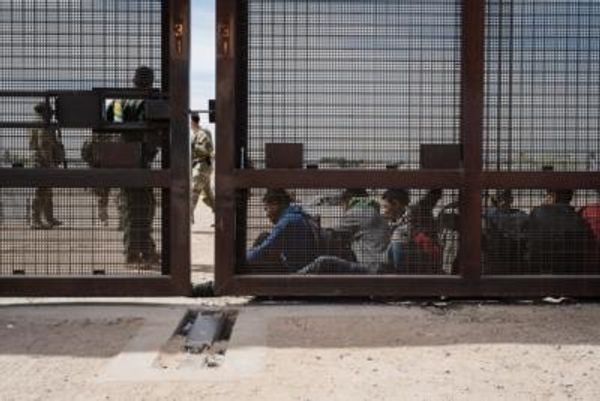
Puerto Rico's economy is on the path to recovery after officially exiting bankruptcy in 2022. However, one major obstacle that still needs to be addressed is the restructuring of the Puerto Rico Electric Power Authority (PREPA), the island's deeply indebted electricity company. PREPA has been plagued by mismanagement and underinvestment, resulting in frequent blackouts and voltage fluctuations that have frustrated residents and businesses.
Tom Sanzillo, the Director of Financial Analysis at the Institute for Energy Economics and Financial Analysis, sheds light on the biggest problems PREPA currently faces. One of the critical issues is the need to rebuild the electrical grid, which has suffered from over a decade of neglect. In this regard, PREPA has come up with a plan that emphasizes the use of renewable energy sources to improve service quality, cut emissions, and save money. However, the implementation of renewable energy has been hindered by PREPA's history of mismanagement, and the goal of reaching 40 percent renewable energy by 2025 is far from being met. Currently, renewable energy accounts for less than 10 percent of the energy mix.
PREPA is also burdened by a substantial debt of over $10 billion, owed to its creditors. With projections of low or no economic growth for Puerto Rico, PREPA needs to focus on improving the grid's reliability while keeping rates as low as possible to support economic growth. However, the constant struggle to meet operational expenses and maintain service quality leaves little room for addressing the legacy debt, which does not contribute to improving the system.
The current restructuring plan, set to be discussed by bondholders on March 4, 2024, aims to resolve PREPA's financial situation. The bondholders, originally demanding 85 percent of their bonds' face value, have gradually decreased their settlement amount to the current proposal of 25 percent. However, the plan seems to overlook the significant capital needed to rebuild the grid entirely. While PREPA has been promised approximately $14 billion in federal funds, the actual cost of reconstruction may be closer to $20 billion. This discrepancy raises concerns about whether the plan adequately budgets for the capital and maintenance required to restore the grid to a reliable operating condition.
Another point of concern is the lack of comprehensive analysis from PREPA or the Commonwealth financial agencies regarding the plan's long-term benefits for Puerto Rico. The decision-making process appears to be consultant-driven, which poses potential risks and limits the ability to address future challenges effectively.
Tom Sanzillo criticizes the current proposal, stating that it will not lead to a reliable grid with affordable rates and a balanced budget. The Financial Oversight and Management Board (FOMB) has even warned that bondholders risk receiving nothing if the bankruptcy case is dismissed and a receiver is appointed. Nearly 800 individuals and various Puerto Rican organizations have also presented objections in court, arguing that the plan will perpetuate high electric rates and dysfunctional service.
Sanzillo's organization proposes an alternative solution that would not increase electricity prices. They suggest creating a pool of money from underwriters, law firms, accountants, engineers, and other advisors to pay off the bondholders and other creditors. This approach would relieve PREPA from its debt burden and enable it to rebuild with the support of $14 billion in unencumbered federal assets. Additionally, the implementation of an Independent Private Sector Inspector General is recommended to ensure budget discipline and oversight.
In contrast, the current plan's reliance on raising rates beyond what customers can afford may lead to repeating the same financial mistakes that led PREPA into bankruptcy initially.
As Puerto Rico looks to restructure PREPA, it must carefully assess the proposed plan's viability and consider alternative solutions that prioritize sustainable grid development, affordable rates, and long-term financial stability. With the collective efforts of stakeholders, the island can achieve a reliable electricity system that supports economic growth and improves the quality of life for residents and businesses.







